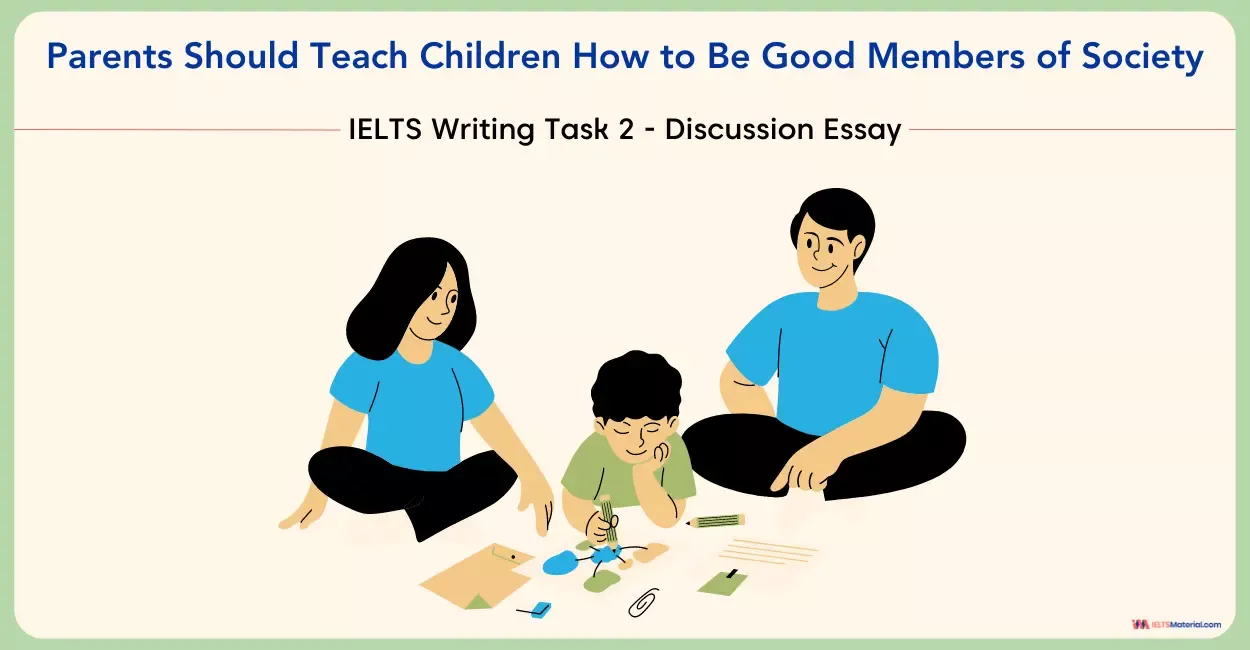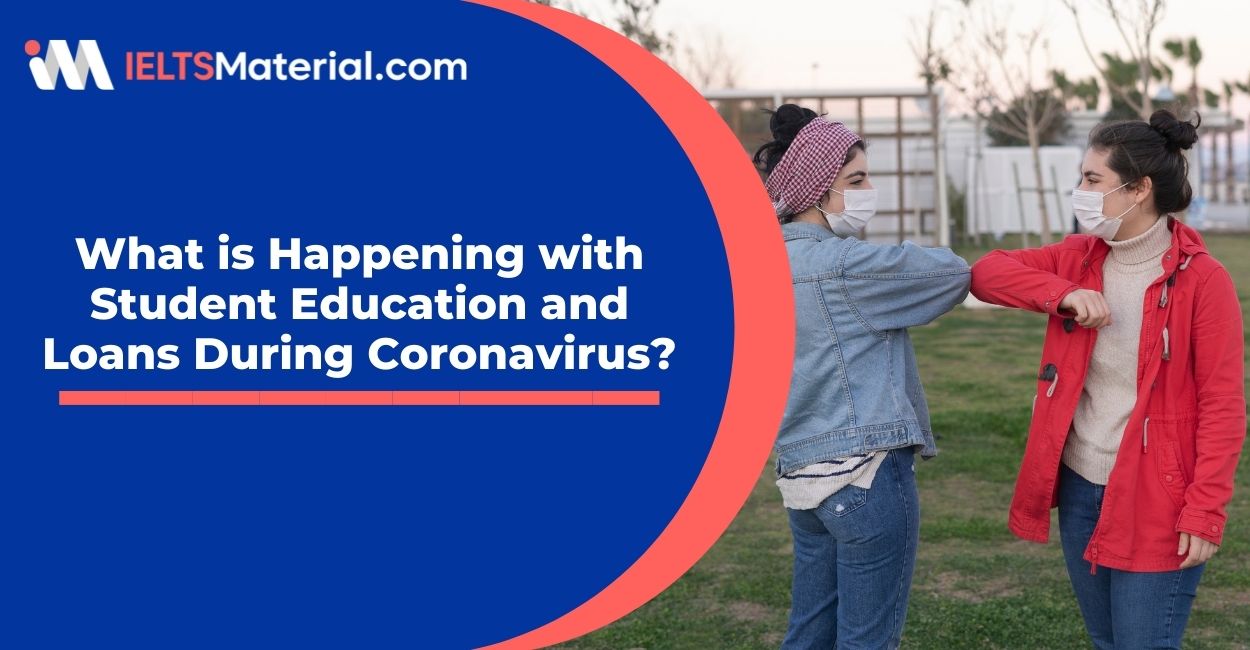We No Longer Need to have Animals Kept in Zoos – IELTS Writing Task 2
10 min read
Updated On
-
Copy link
Table of Contents
Limited-Time Offer : Access a FREE 10-Day IELTS Study Plan!
Agree Disagree essays, like “We No Longer Need to have Animals Kept in Zoos”, are the most common type of questions in IELTS Writing Task 2. In this essay type, you are asked to express clearly whether you agree or disagree with the statement. Once you’ve made up your mind, come up with two or three arguments in favor of it.
The essay topic, “We No Longer Need to have Animals Kept in Zoos” is a classic Agree/Disagree Writing Task 2 question, which will help you acquaint yourself with the format of structuring an IELTS Agree Disagree essays. If you want to practise regularly, check out the Writing Task 2 practice tests.
Let’s have a look at the Agree Disagree essay – We No Longer Need to have Animals Kept in Zoos – with three sample answers.
Question
You should spend about 40 minutes on this task.
We no longer need to have animals kept in zoos, so zoos should be closed. Do you agree or disagree?
Give reasons for your answer and include any relevant examples from your own knowledge and experience.
You should write at least 250 words.
Outline
Type of Essay:
Structure Breakdown:
|
Band 7 Sample Answer (Agreement)
In recent times, the question of whether we still need zoos in the 21st century is a topic of debate. While some support the idea that zoos play an important role in conservation efforts and public awareness, I think that animals should not be kept in zoos, supporting the closure of these institutions. I will outline the reasons in the following paragraphs.
Firstly, animal welfare is a moral concern that makes zoo closures a strong argument. The small living space and restricted natural light of a traditional zoo frequently fail to meet the physical and psychological needs of the animals. Due to a controlled environment, they lose their instinct, which negatively affects their health as well as the ecosystem. For example, elephants, known for their vast roaming territories, suffer in cages due to the limited area of the zoo. As a result, reports of situations where animals show distress signals, like pacing, highlight the damaging effects of confinement on an animal’s health.
Additionally, alternatives to standard zoos have appeared, offering more proper ways for wildlife education. Wildlife sanctuaries, online life-like documentaries, and interactive digital platforms provide engaging and educational experiences without subjecting animals to the confines of imprisonment. For instance, online platforms and documentaries like National Geographic and BBC Earth offer detailed insights into wildlife behavior and ecosystems.
In the end, I believe that even though zoos might be a good way to observe animals closely within our reach, the urgent need to prioritize animal welfare and the availability of alternative educational platforms support the argument for closing zoos. (264 words)
Vocabulary
- Debate (Noun)
Meaning: a discussion between people in which they express different opinions about something
E.g.: Winning the inter-school debate competition is a matter of pride for all the participants.
- Psychological (Adjective)
Meaning: mental or emotional rather than physical
E.g.: The war had some psychological effect on the soldiers.
- Instinct (Noun)
Meaning: a way of behaving, thinking, or feeling that is not learned
E.g.: Her motherly instinct helped her to protect her child.
- Ecosystem (Noun)
Meaning: the system of living organisms, their physical environment, and all their interrelationships in a particular unit of space
E.g.: Animals live freely in their own ecosystem.
- Distress (Adjective)
Meaning: a state of extreme sorrow, suffering, or pain
E.g.: She was in distress when we found her.
- Confinement (Noun)
Meaning: the situation in which a person or animal is kept somewhere, usually by force
E.g.: The boy grew up in confinement after his parents died.
- Documentaries (Noun)
Meaning: a film or television or radio programme that gives facts and information about a subject
E.g.: Children should watch more documentaries rather than playing violent games.
- Confines (Noun)
Meaning: the borders or boundaries of a place, especially with regard to their restricting freedom of movement.
E.g.: The baby elephant died in the confines of the zoo.
- Insights (Noun)
Meaning: a clear, deep, and sometimes sudden understanding of a complicated problem or situation, or the ability to have such an understanding
E.g.: The insights of the Principal were very informative.
- Prioritize (Verb)
Meaning: to decide which of a group of things are the most important so that you can deal with them first
E.g.: One should prioritize one’s health before anything else.
Don’t wait to solve your IELTS queries? Book a free trial & talk to our Experts NOW!
Band 8 Sample Answer (Disagreement)
The argument that we no longer need animals kept in zoos and that zoos should be closed oversimplifies the varied roles these institutions play in modern society. While some argue that zoos should be closed, as we no longer require animals in captivity for educational purposes, I am of the opinion that zoos remain valuable for both conservation efforts and educational purposes, making their closure potentially damaging. In the upcoming paragraphs, I shall discuss my perspective in detail.
To begin with, zoos have long been a source of fascination and education, providing people with the opportunity to observe and learn about a diverse range of animals. They serve as powerful educational tools, offering an engaging experience that digital alternatives struggle to imitate. Witnessing animals in person promotes a sense of connection and responsibility toward the natural world. To give you an idea, children exposed to wildlife in zoos often develop an increased awareness of conservation issues, laying the foundation for future environmental management.
Moreover, zoos play a decisive role in species conservation. Many zoos actively engage in breeding programs for endangered species, acting as a defense against destruction. The successful reproduction of the black-footed ferret in captivity, a species once on the verge of extinction, demonstrates how zoos contribute significantly to preserving biodiversity. In addition, modern zoos prioritize vast enclosures and conservation initiatives to ensure the physical and psychological well-being of their residents. As a result, the argument of limited spaces to roam affecting the health of the animals is ruled out.
In conclusion, the recommendation to close zoos ignores their contributions to conservation and education. Rather than rejecting these institutions, I believe, a more practical approach would be to improve and enhance the ethical standards of zoos, ensuring that they continue to fulfill their crucial roles in protecting biodiversity and encouraging a deep connection between humans and the animal kingdom. (311 words)
Vocabulary
- Oversimplifies (Verb)
Meaning: to describe or explain something in such a simple way that it is no longer correct or true
E.g.: The committee oversimplified his mistakes while led to a wrong decision.
- Potentially (Adverb)
Meaning: with the capacity to develop or happen in the future
E.g.: Robin could potentially become a threat to society if he is not looked after properly.
- Diverse (Adjective)
Meaning: including different types of people or things
E.g.: There are diverse opportunities waiting for you in our company.
- Engaging (Adjective)
Meaning: tending to please; attractive
E.g.: The professor gave an engaging lecture and impressed the students.
- Decisive (Adjective)
Meaning: able to make decisions quickly and confidently, or showing this quality
E.g.: The decisive qualities in him made him the right choice for the post.
- Endangered (Adjective)
Meaning: in danger of being harmed, lost, unsuccessful, etc.
E.g.: Governments should make policy to protect and conserve the endangered species.
- Extinction (Noun)
Meaning: a situation in which something no longer exists
E.g.: Every year more animals and plants are nearing extinction.
- Ruled out (Phrasal Verb)
Meaning: to decide or state that something is impossible or will not happen, or that something or someone is not suitable
E.g.: Roma’s plea for custody was ruled out due to her addiction.
- Ethical (Adjective)
Meaning: relating to beliefs about what is morally right and wrong
E.g.: The decision was taken on ethical grounds and the child was given back to the parents.
- Biodiversity (Noun)
Meaning: all the different kinds of life you’ll find in one area
E.g.: Every community should take responsibility for the biodiversity of that region.
Join us in our IELTS webinars to learn proven tricks to handle IELTS Writing! Explore Now!
Band 9 Sample Answer (Disagreement)
Unlock Answer
Apart from playing an essential role in conservation, zoos contribute substantially to scientific research on animal behavior, reproduction, and health. Studying animals in controlled environments helps scientists gain insights that can be applied to captive and wild populations, aiding in developing effective conservation strategies. The Giant Panda Research Base in China is another notable instance. Scientists at this facility study panda breeding and behavior in captivity, addressing challenges associated with pandas’ notoriously low reproductive rates. Consequently, the resulting observations have contributed to broader initiatives to support wild panda populations in their natural habitat.
Besides contributing to local economies by attracting tourists and creating jobs, zoos offer families a unique and enriching bonding opportunity. Visiting a zoo is not just an outing; it’s an experience that brings family members together in a shared exploration of the wonders of the natural world. When I visited the Shedd Aquarium in Chicago with my family, the engaging conversations I had with my parents and siblings after a long time helped us exchange knowledge and fostered a stronger connection.
To conclude, I would like to point out that the reasoning for closing zoos neglects the invaluable contributions they make to conservation, scientific knowledge, and familial attachment. Rather than dismissing these institutions, we should advocate for responsible and ethical zoo management, ensuring they continue to evolve and serve as catalysts for positive change in protecting our planet’s biodiversity. (299 words)
Vocabulary
- Obsolete (Adjective)
Meaning: no longer used or needed
E.g.: Latin has become an obsolete language.
- Subsequent (Adjective)
Meaning: occurring or coming later or after
E.g.: The death of the CEO led to the subsequent changes in the company.
- Substantially (Adverb)
Meaning: to a great or significant extent
E.g.: The teachings of Buddha had substantially affected his thought process.
- Notoriously (Adverb)
Meaning: used to emphasize that a quality or fact, typically a bad one, is well known
E.g.: Mina took charge of the notoriously lowering mortality rate of the region.
- Captive (Adjective)
Meaning: a person or animal whose ability to move or act freely is limited by being kept in a space
E.g.: Even though he was held captive for a long time, he never gave up.
- Breeding (Noun)
Meaning: the mating and production of offspring by animals
E.g.: Proper breeding of animals is important for the development of the species.
- Enriching (Adjective)
Meaning: adding value, either monetary, intellectual, or emotional
E.g.: Visiting the zoo and the museum was an enriching experience for the students.
- Fostered (Verb)
Meaning: to encourage the development or growth of ideas or feelings
E.g.: The Addams family fostered expression of thought and creativity in their children.
- Advocate (Verb)
Meaning: publicly recommend or support
E.g.: The lawyer decided to advocate the judgments of the court.
- Catalysts (Noun)
Meaning: an event or person that causes great change
E.g.: His decisions acted as a catalyst for his career development.
Waiting for an Exclusive Study Material on IELTS Writing Task 2?
Elevate Your IELTS Score with Effective Connectors Used in the Sample Answers
Check out the list of connectors used in the above-given sample answers that will help you add coherence to your writing and earn points for your IELTS Writing Task 2.
- I am of the opinion
- Firstly
- For example
- As a result
- Additionally
- For instance
- In the end
- To begin with
- To give you an idea
- Moreover
- In addition
- As a result
- In conclusion
- I believe
- However
- Apart from
- Consequently
- Besides
- To conclude
Now that you have gone through the sample answers on the topic – We No Longer Need to have Animals Kept in Zoos – it is time for you to try writing on your own. For that, leave your answers as a comment below or you can use our FREE evaluation service!
Additional Resources
- Companies Should Provide Sport and Social Facilities for Local Communities. To What Extent Do You Agree? Sample Essay
- Do you Agree or Disagree that Celebrities are Paid far Too much Money- IELTS Writing Task 2
- 7 Mistakes That Kill Your BAND Score
- Local History vs World History – IELTS Writing Task 2
- A Person’s Worth Nowadays Seems To Be Judged According To Social Status And Material Possessions- IELTS Writing Task 2 British Council
- Increase your Speaking & Writing Score with Synonyms and Antonyms
- IELTSMaterial Launches Telegram Channel | Free IELTS Materials, Free IELTS Coaching
Practice IELTS Writing Task 2 based on Essay types
Start Preparing for IELTS: Get Your 10-Day Study Plan Today!
Explore other IELTS Articles

Janice Thompson

Zuhana
Recent Articles


Raajdeep Saha
Kasturika Samanta

Akanksha Tripathi





Post your Comments